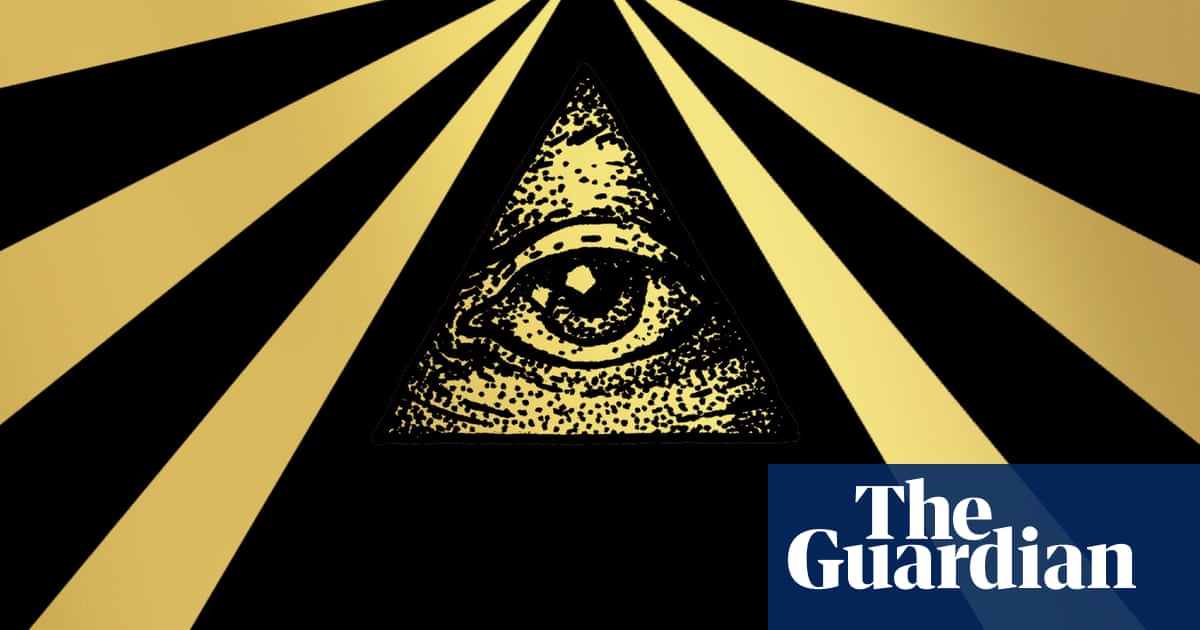
TS Eliot called Hamlet “the Mona Lisa of literature”. Like Leonardo’s enigmatic portrait, Shakespeare’s prince and the play in which he appears have stimulated countless poets, novelists and creative artists. The latest in the field is Ken McMullen, who has written and directed a dreamlike movie, Hamlet Within, subtitled Five Acts in Search of a Murderous Prince and screened at Cannes. It is an attempt to de-romanticise the dithering Dane and is duly stimulating even if I sometimes felt it was pushing at an open door.
You get the idea in the prologue when Claudius is described by John Shrapnel as “an unhappy king killed by his nephew because of some whimsical speculation”. The idea is later advanced that the Ghost represents Hamlet’s unconscious: a notion confirmed by having Ian McKellen, memorably pensive, reading the dead king’s speech in a recording studio as if to suggest he is a projection of his son’s imagination. After a section on Shakespeare’s debt to other writers, including an interview with Jacques Derrida on plagiarism, we then get to a crucial discussion of Hamlet’s character in which the tone is set by the Shakespeare scholar Richard Wilson.
“After 9/11,” says Professor Wilson, “we can’t fall in love with Hamlet again.” He goes on to claim that Hamlet is “a fanatic” and “a suicide bomber”, based largely on the lines where Hamlet talks of taking “arms against a sea of troubles and by opposing end them”.
Since that is a proposition Hamlet seriously questions, it seems bizarre to equate him with a mass killer. I was also puzzled by Wilson’s assertion that “Hamlet was played for laughs well into the 18th century”: all the evidence suggests that Betterton, who played Hamlet during the Restoration, and Garrick’s Hamlet in the mid-18th century were characterised by poleaxing grief for their father. Wilson is on safer ground when he asserts that Julius Caesar and Hamlet introduced “an interiority that is new in world literature”.
McMullen’s film rightly captures the way our conception of Hamlet’s character is shaped by history: a German academic describes how, during the Third Reich, Hamlet embodied for many the idea of internal exile. But the film is at its best when it turns from Hamlet to Ophelia. A Danish professor, Anne Sophie Refskou, mines the text to suggest all the men in the play invade Ophelia’s “psychic space” and to argue that “she is tragic because we haven’t asked enough questions about her death”. A later section on the gravediggers reminds us that Marx, who loved their scene, was permanently haunted by the play.
The film is intelligent and provocative but I was struck by the way theatrical practice has long addressed many of the ideas it advances. The notion that the Ghost is a figment of Hamlet’s imagination was present in a 1964 Italian production by Franco Zeffirelli and, in a 1980 Royal Court version, Jonathan Pryce’s Hamlet actually mouthed the Ghost’s lines. Nicholas Hytner has revealed that in his 2010 National Theatre production he and Clare Higgins jointly agreed that Gertrude was responsible for Ophelia’s death.
Even if I’ve yet to see Hamlet played as a suicide bomber, the romantically gloomy Dane is a thing of the past: in their various ways, David Warner, Nicol Williamson, Maxine Peake and the octogenarian McKellen gave us a Hamlet who was alienated by the corrupt values of the court rather than melancholy or indecisive. And that for me answers the question the film poses as to why we are so obsessed with the prince and the play: it is surely because they are defined by the temperament of the individual performer and the temper of the times in which the work itself is seen.












